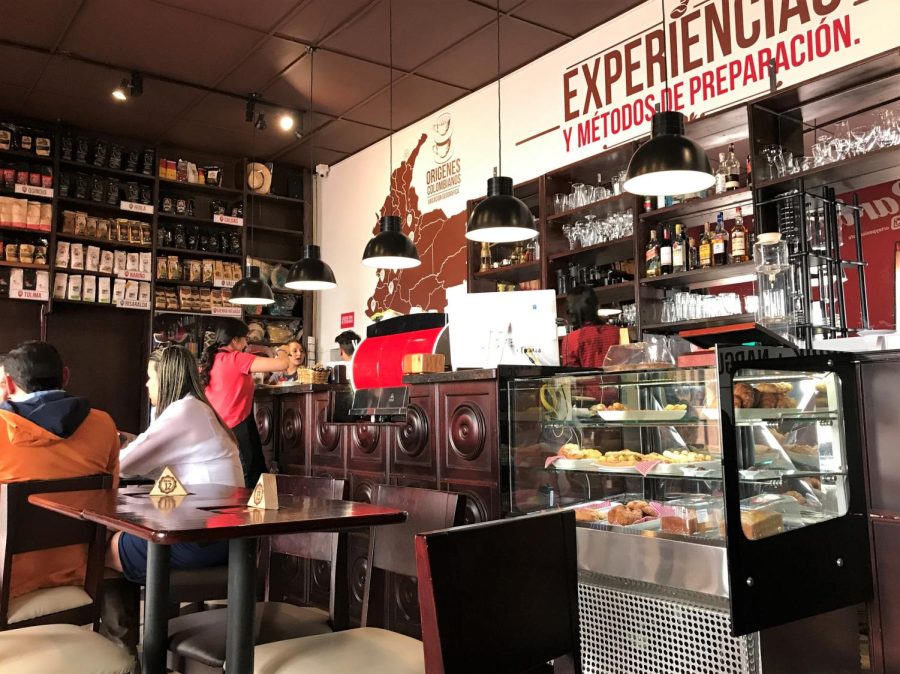Letter to the Editor | The dark side of digital nomadism
Photo courtesy of Elias Rovielo / Flickr
Photograph inside “Arte y Pasión Café,” a coffee shop in Bogotá, Colombia. Coffee shops in the Global South like “Arte y Pasión Café” can be observed as being populated with Digital Nomads — if they are allowed to enter. Former opinions editor Andrew Prozorovsky argues that these Digital Nomads have the capacity to disrupt local communities.
Mar 17, 2023
As pandemic restrictions ease in most states, many wonder which recent changes to life will persist in the long term. Specifically, businesses must confront whether physical office spaces and commutes are necessary, or whether remote work will continue to suffice.
Ushered in by the era of remote work, a new lifestyle has been born: the “digital nomad.” In many countries, one can even apply for a visa on the basis of working as this modern hybrid traveler-laborer.
In Medellín, Colombia, I walked down the streets of El Poblado, a trendy neighborhood, where I saw cafes full of young travelers working on laptops. I knew that the era of the digital nomad was here to stay.
Still, I found myself unsettled by the sheer quantity of restaurants with clear stickers and signs forbidding the use of laptops inside. Locals seemed cold and unreceptive to the concept of the digital nomad.
Digital nomadism shows the advantages of the modern age: Traveling is more accessible than ever. In critical emerging economies, foreign investment is up. For many, the choice no longer has to be made between travel and productivity.
Get The Daily Illini in your inbox!
But one must consider who is privy to the luxury of working remotely. Perhaps this new era has evolved a superclass of elite Silicon Valley tech workers who move quickly from place to place, spending obscene amounts of money and avoiding routine taxes for long-term residents only to inflate local prices, gentrify communities and displace locals.
In the Global South, there is understandable resistance to American salaries capitalizing on their comparatively lower prices. Cultural exchange is important, so long as it avoids burdening the local economy.
Tax-paying immigrants should be welcomed, but the skepticism of many toward the digital nomad is perfectly justified. Governments ought to gauge the opinion of their constituents before opening the floodgates.






